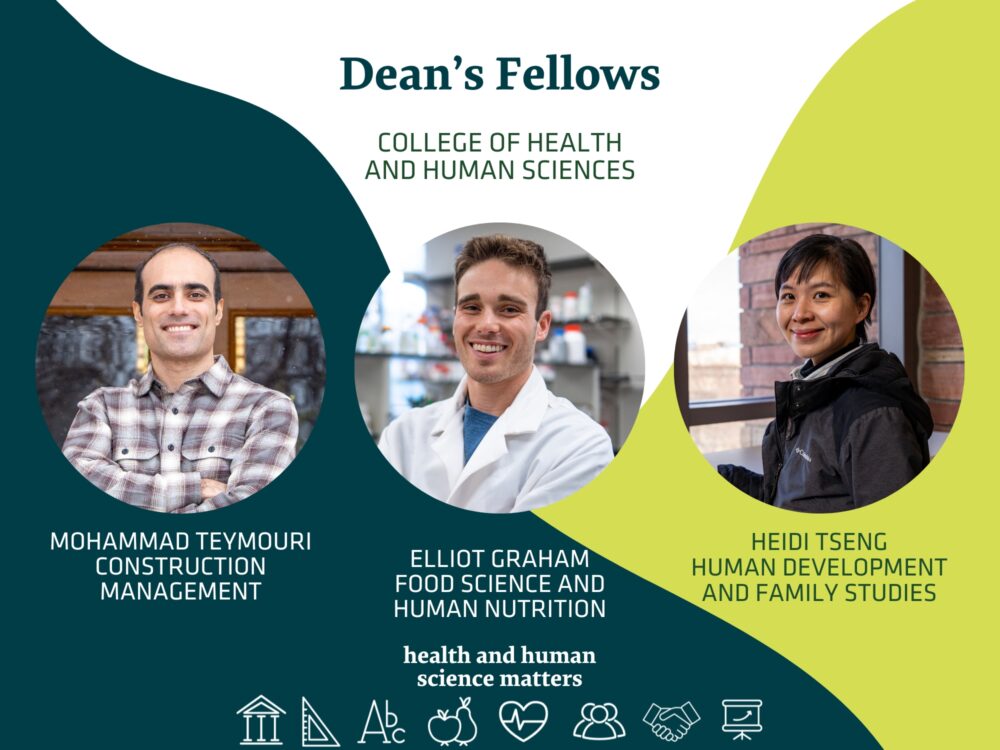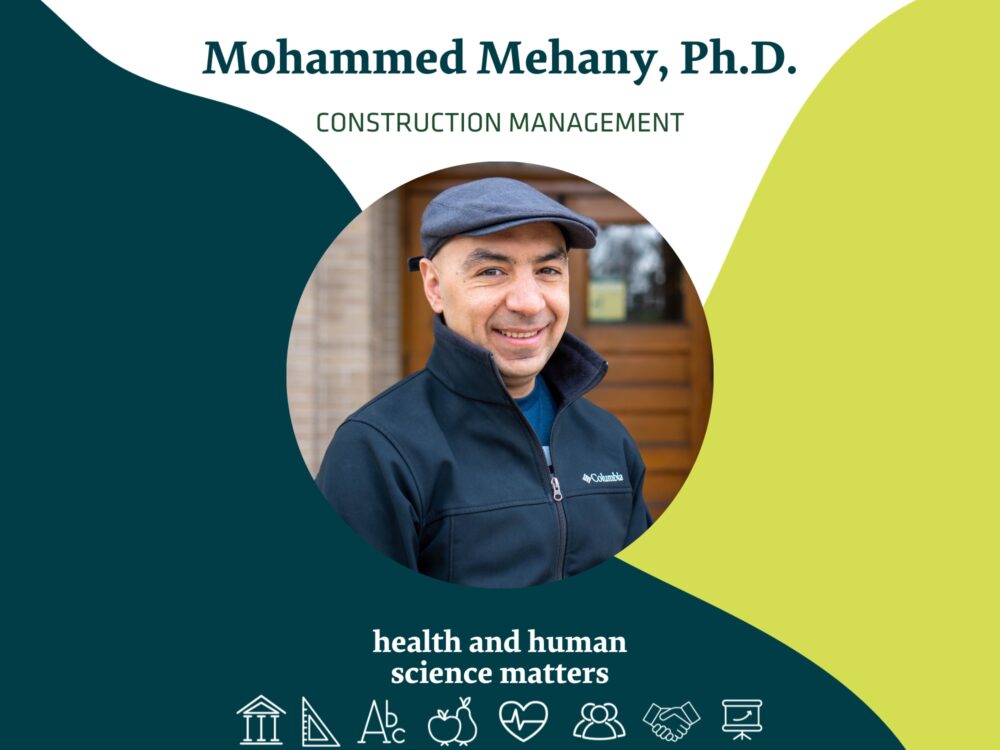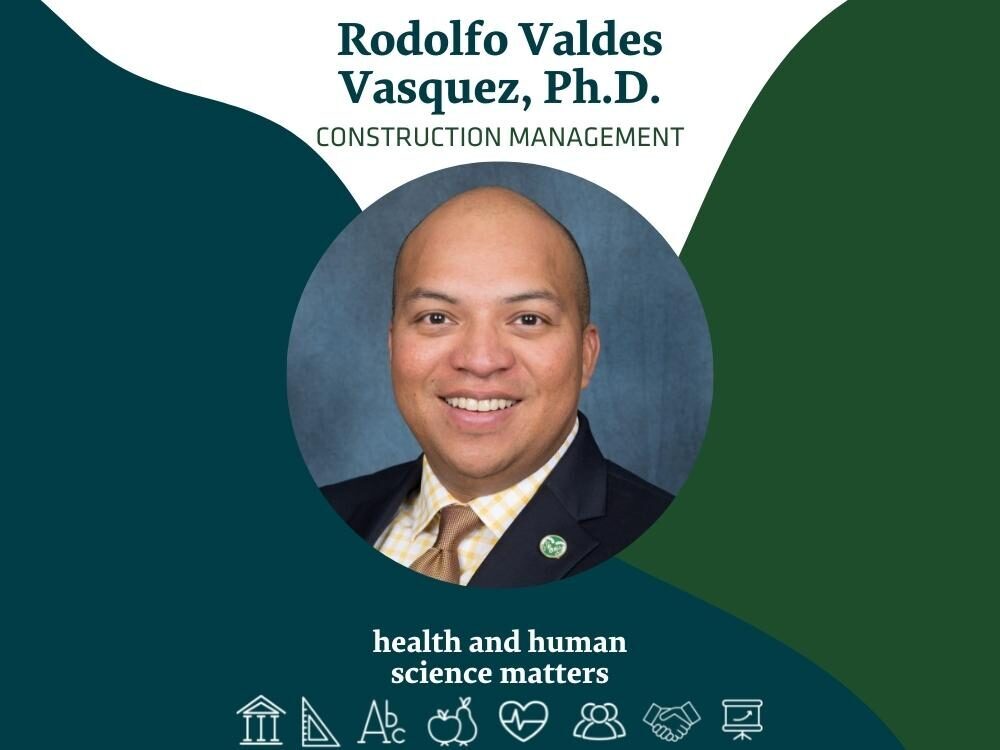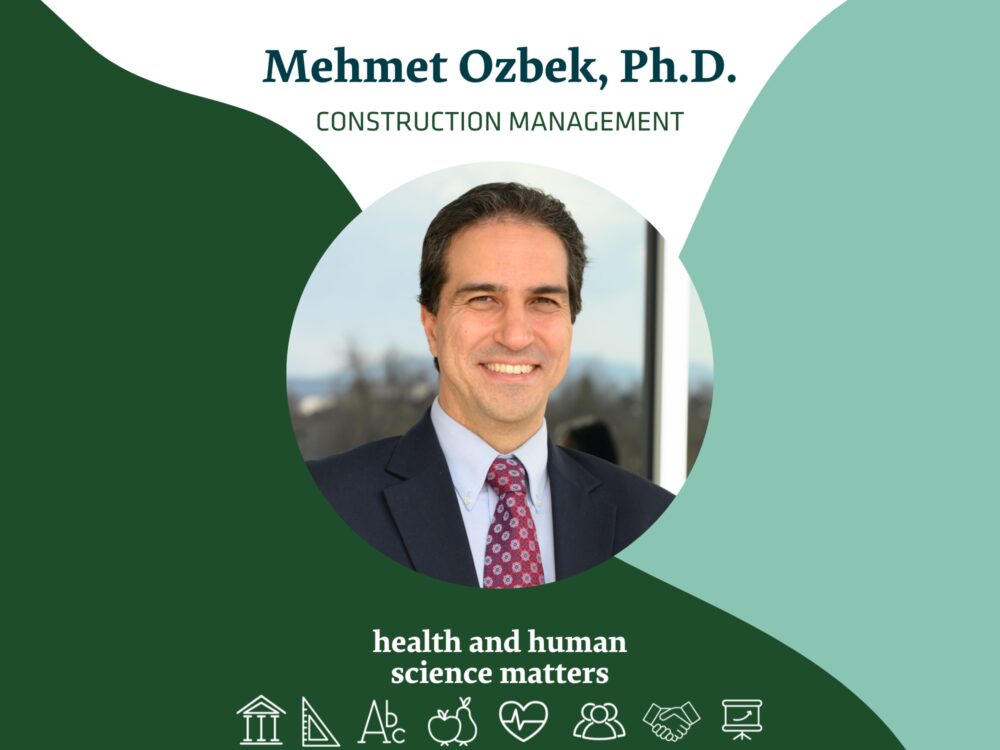Construction Management Research and Scholarship
Our Research Goals
- Pursue applied research opportunities.
- Engage in the development of continuing education classes for the construction industry.
- Promote the dissemination of research findings through peer reviewed journals, conference presentations, and other outlets.
- Maintain a close association with the needs of the regional industry.
- Prepare reports of research productivity for the department.
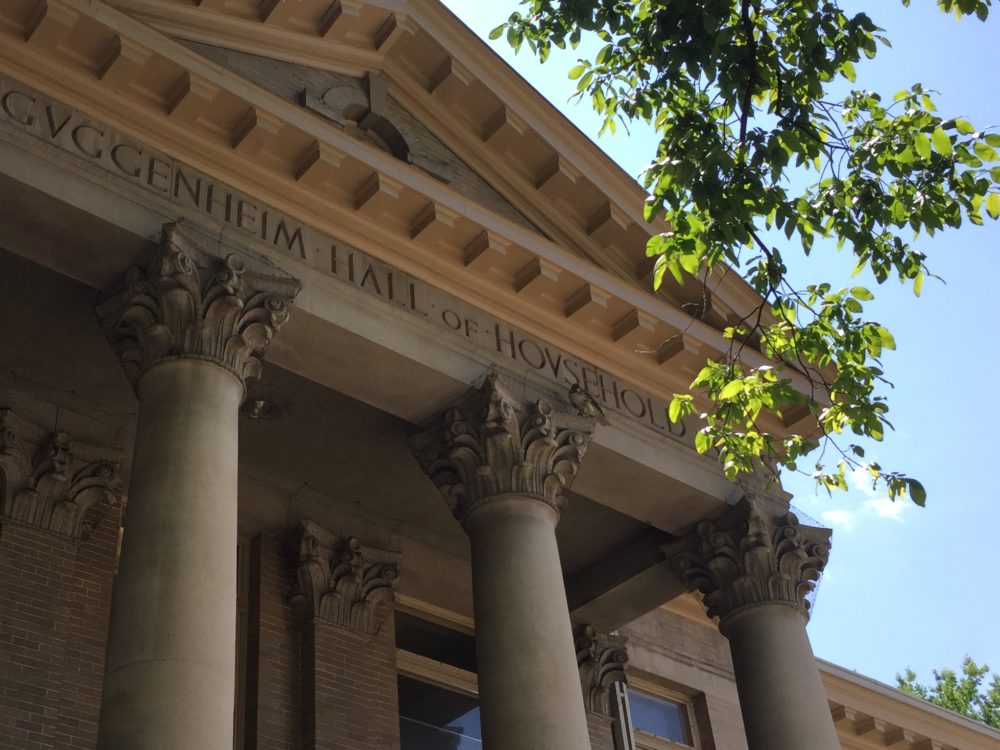
Research Areas of Interest
Our faculty conduct research to develop innovative solutions and new knowledge to benefit industry, regional, national, and global stakeholders. The CM research portfolio is supported by multiple external funding agencies, including the National Academy of Sciences, the US Department of Energy, the US Department of Transportation, the National Science Foundation, and the Construction Industry Institute. In addition, CM faculty lend their expertise and knowledge through their work and dedication on multiple editorial boards, national committees, and national advisory councils.
Health and Human Science Matters Podcast
You can find “Health and Human Science Matters” on Spotify, Apple Podcasts, and Google Podcasts.



